Do you think about what you throw away, the things you never lay eyes on again? Do you think about the things that get washed away from your sight? Much of it never really goes away.
Today, October 15th, is Blog Action Day. A day for us to spread awareness abut environmental issues.
This semester at university I’m doing a project about the remediation of industrial sites at Homebush Bay (Sydney) and sediments in the bay. Particularly for the Union Carbide/Lednez site. Union Carbide left the site long ago, with a cap on chemicals buried in the soil to try to prevent their further spread. However, during industrial activities, which included the reclamation of land, plenty of toxins were released into the soil and bay sediments.
This Homebush Bay site was used for industrial chemical production, including timber preservatives, herbicides (I think Agent Orange was produced here at some point – breakdown of Agent Orange releases dioxins), DDT, and many others. Over the course of activity at these sites (1890s-1970s) it was considered normal to dump waste products in the near-by water (perhaps for some things it’s still the norm). Contaminated soil was used for the reclamation and run-off from normal activities and weather went into the bay.

Think about the substances that went in there: products that preserved dead tissues (timber), substances that killed organic material (Agent Orange) and pesticides (DDT). The thing about many of these chemicals is that they’re not naturally occurring, so they’re not able to be broken down naturally, i.e. they’re not biodegradable. They’re not biodegradable and they accumulate up the food chain to cause some nasty biological problems.
At the moment a large remediation project is going on in Homebush using thermal desorption to get rid of dioxins from the area. I believe a significant motivating factor is to build residential apartments on the site, as well as a marina. I don’t know if the area can support that sort of expansion, but another reason that was proposed for doing this was that it just shouldn’t be left for the next generation to deal with. I thought that was a right response.
There’s no value in pointing fingers now, what’s done is done. People and industry were happy to release this sort of thing into our midst. Heck, DDT was sprayed on the walls of people’s homes to combat malaria. What we can do now is learn from their mistakes and make an effort to clean things up.

I don’t really think very hard about what I throw away, but I’m sure I could be less wasteful and more observant of what I just release into the world to rot (or not rot as is the case for many chemicals, including plastics). What bout you? Do you think about what you wash down your sink? Do you think about what you throw in your trash, which then gets in a hole in the ground? Do you think about what you can reuse?
I’d love to hear about anything you’re careful to dispose of or inventive ways you’ve reused things.


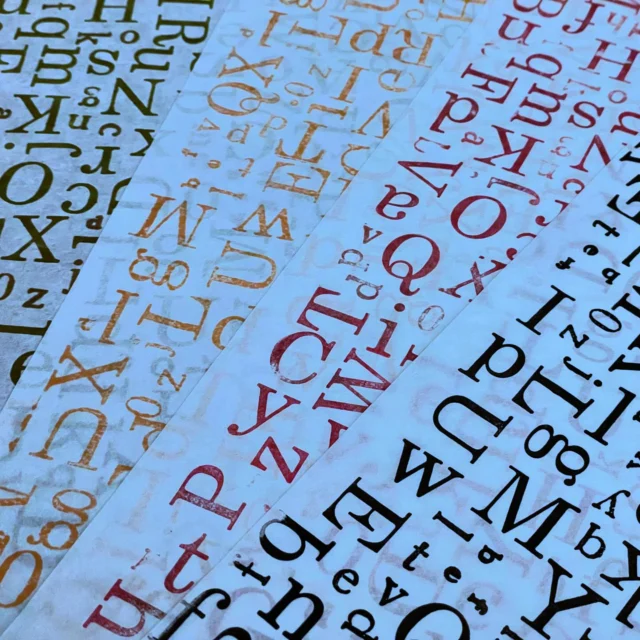
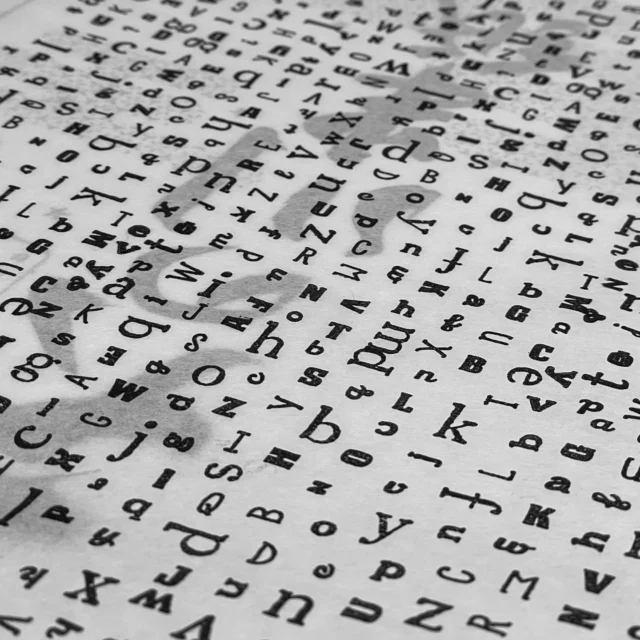
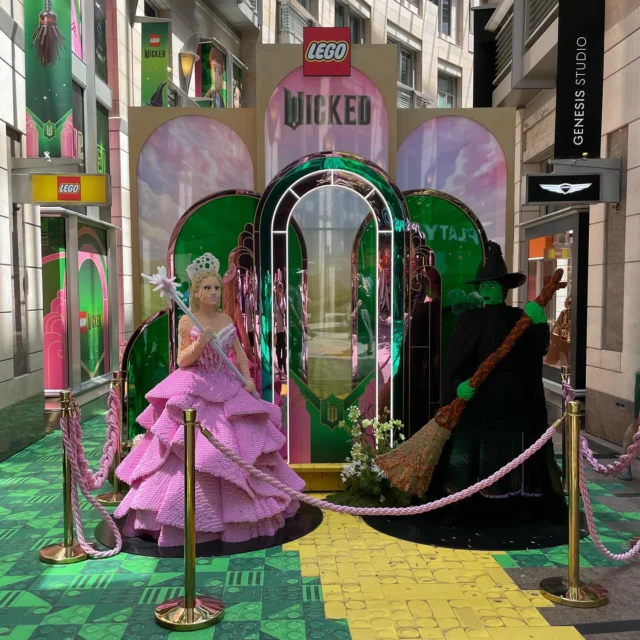

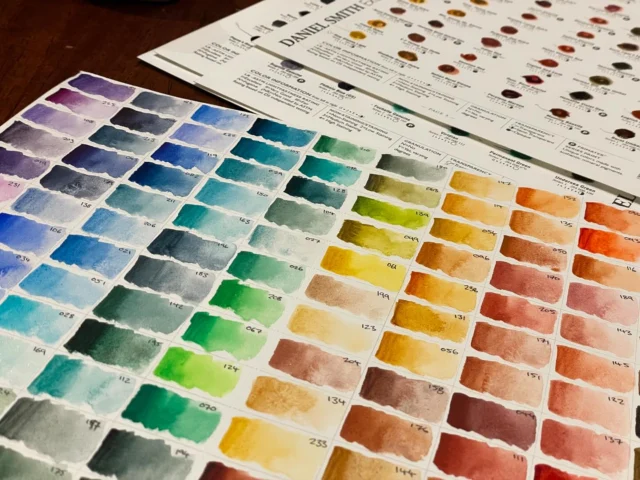
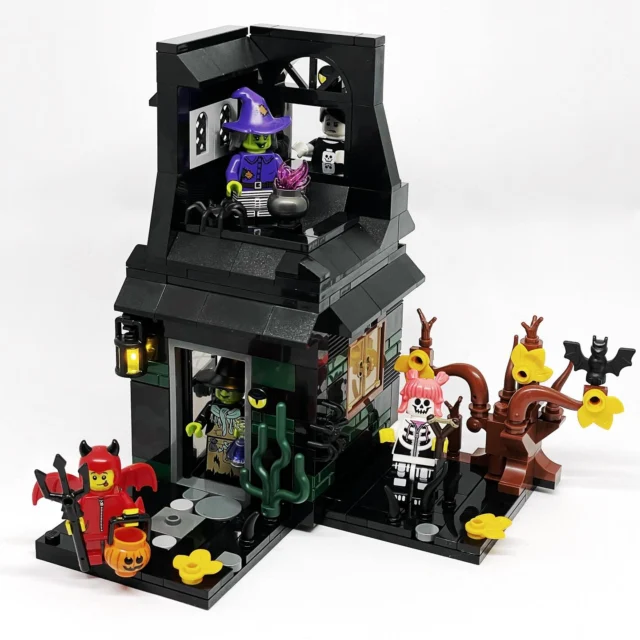
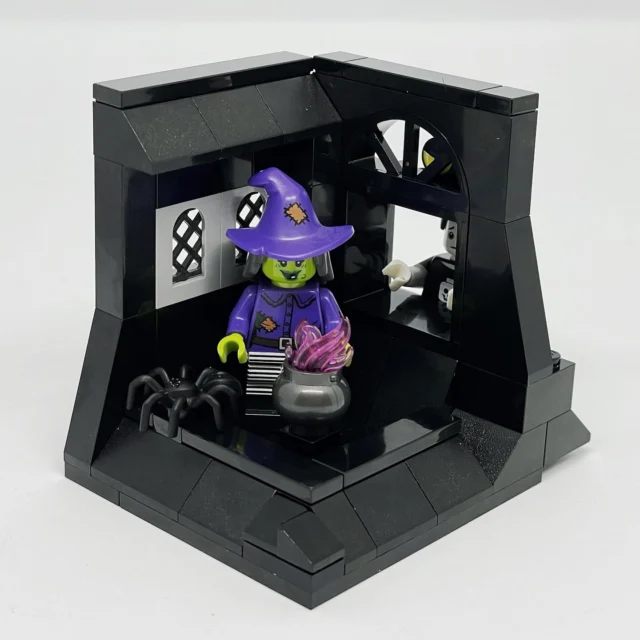
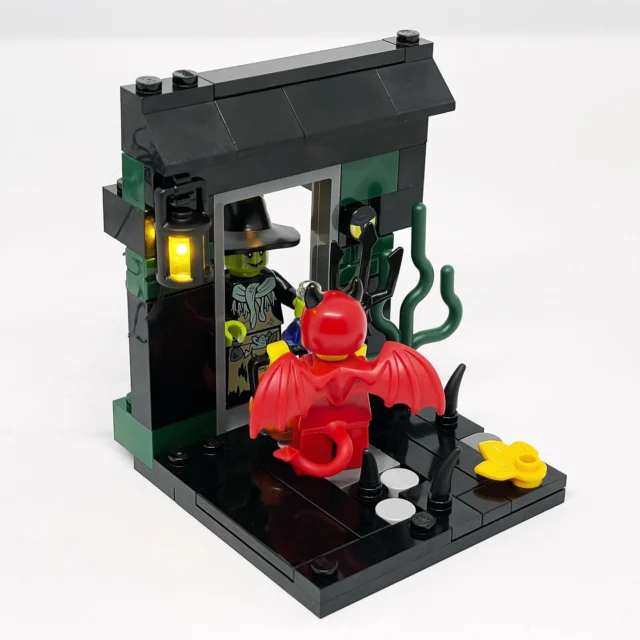
Your university project sounds fascinating and really useful. What a good description. Yes, in fact I do think about what I wash down the sink and put into the trash. We have a good recyling program where I live, and I’ve checked: they really do recycle the goods. I use ‘friendly soaps’ and watch my water consumption. These are things that feel good and right to do. I’m happy to share blog action day with you!
Blog Action Day – what a great initiative! I’m sure you will learn so much from your university project that will be incredibly useful and enlightening, but also rather frightening. I started to become much more environmentally aware last summer when we had strict water restrictions, and I didn’t want to lose the garden that I had spent a lot of time, effort and money on! I started saving the grey water from my washing machine and using an environmentally friendly laundry detergent. Very labour intensive, but I had a real sense of satisfaction that I was doing something to help save water whilst saving my garden at the same time. We have since installed a rainwater tank and are going to instal another one.
There is an excellent web site in Australia http://www.recyclingnearyou.com.au where you can search by council area or product to recycle or dispose of just about anything.
Remember the 3 Rs, Reduce, Reuse, Recycle!
I’ve now discovered the 4 Rs, Rethink, Reduce, Reuse, Recycle; and the 5 Rs – Rethink, Reduce, Reuse, Repair and Recycle!
The thing about assignments is they always feel less interesting when you’re under pressure!
Friendly soaps are good MusEditions, I’m planning to check what the stuff in my house is like… I hadn’t really thought that much about it before.
Scrappy, sounds like a lot of work! Good on you, it did a good job saving your garden I know 🙂 That site looks really useful! I’ll remember it for when I’m not sure how to get rid of something.
I always think about what I can reuse and recycle, and that basically reduces the trash that I produce. But of course, having a group of friends who constantly discusses environment-related issues help “keep the fire burning” and I feel as though I am not the only one doing it 🙂
Great post, Kristarella. It’s good to read about the environment from someone who has knowledge of this field and is studying it in more detail than most of us would ever do. You make some very good points about dealing with the situation that we have been given, and about learning from past mistakes. Also some good tips in the comments above.
There is simply too much misinformation and assumed truth about a large and complex issue like the environment. There is the easy route of reducing everything into convenient little bullet point todo lists, which often do nothing more that pacify people’s need to feel less guilty about the whole thing. Complex issues require complex understanding, and while it might be a difficult path, it is the only one with broad-based results at its end.
Thanks for a good read.
Hi Samir, thanks for visiting and for your comment.
That’s true about bullet points – I know I’ve read a lot of bullet point lists and thought “Cool, I don’t do most of those things, I’m not so bad.” Then I read other lists that tell me to do things like not use paper towels and I think “How can I not use paper towels? Rags are so much less efficient at cleaning up spills!”
To be honest I don’t even think our biggest problems are the things that we do or do not throw away, they’re the things that pervade our life that we don’t even know harm us. They might be plastics, microwaves, x-rays, who knows? Who wants to know? I don’t know if I really do because then every time I heat up my lunch in my reused take-away food container I’ll think I’m harming my unborn children… who wants that responsibility?
Anywho, that was a bit of a rant… I look forward to reading your thoughts on this – interesting idea linking to an individual post for your website!